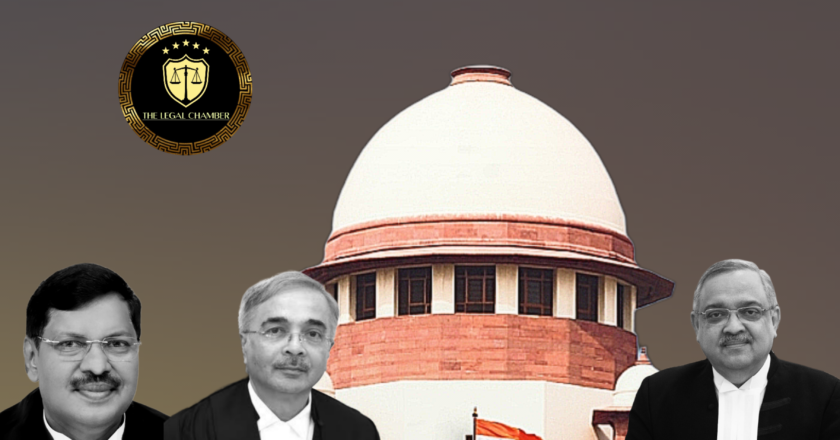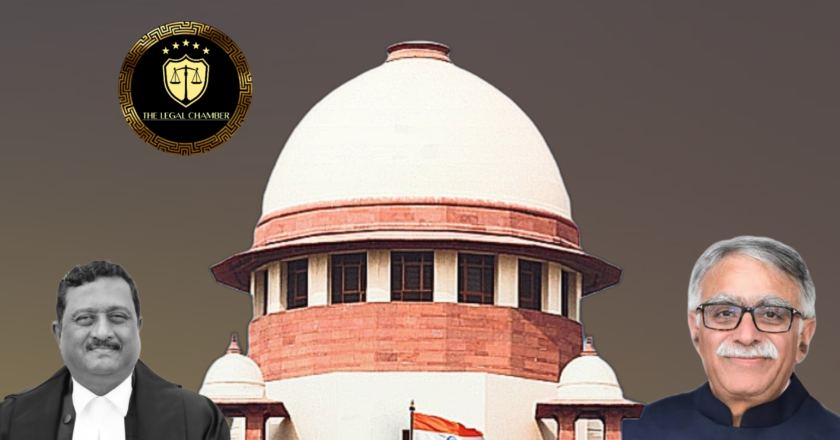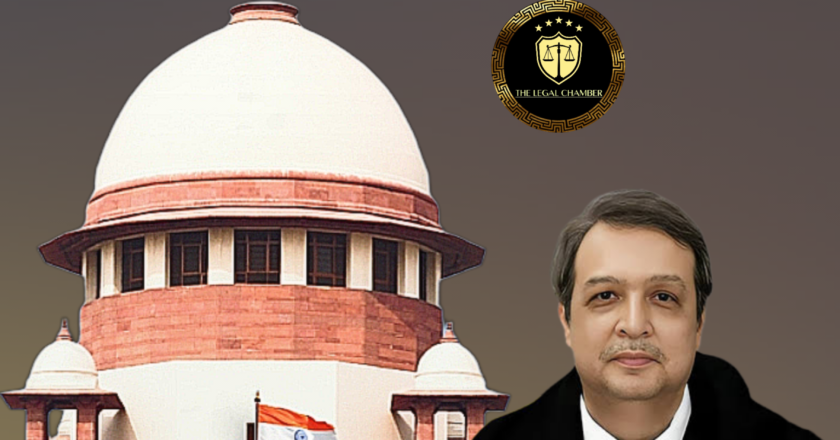Mens Rea is Must: Supreme Court Rules Accused Must Intend to Drive Victim to Suicide for Abetment Charge
The Supreme Court reiterated that to establish abetment of suicide under Section 306 IPC, there must be clear evidence of mens rea and a proximate act of instigation by the accused, which directly led the deceased to commit suicide. Mere allegations of harassment, without positive action intended to push the victim toward suicide, are insufficient to sustain the charge. The absence of a live link between the alleged acts and the suicide warranted quashing of the FIR.
Facts Of The Case:
A seven-term independent Member of Parliament committed suicide on 22 February 2021, leaving behind a suicide note. In the note, he named several officials from the administration and police of Dadra and Nagar Haveli, accusing them of conspiring to defame, degrade, and demean him to end his political caree...



